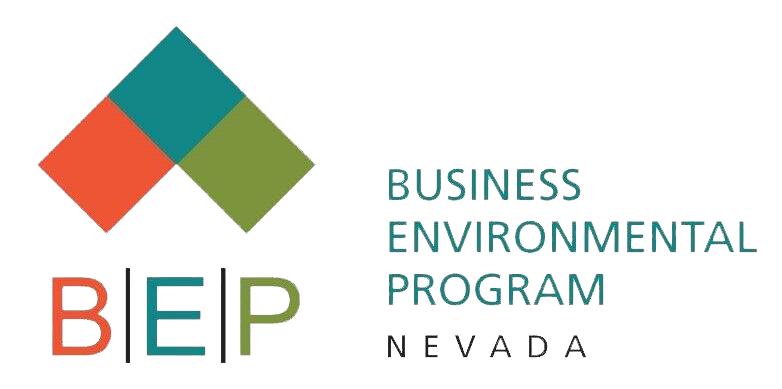New permit requirements may apply to some Nevada businesses
| Effective February 4, 2022, the US EPA listed 1-bromopropane (1-BP), also known as n-propyl bromide (nPB), as a Hazardous Air Pollutant (HAP) that “may reasonably be anticipated to cause adverse effects to human health”. The addition of 1-BP to the HAP list could have an impact on the air quality permitting requirements for some businesses in Nevada. Used primarily as a cleaning solvent, 1-BP may be found in a wide variety of industries and products such as solvent cleaning operations in the electronics and metal cleaning industries; surface coatings; adhesive spray applications; dry cleaning; aerosols; the manufacture of pharmaceuticals and agricultural products; and as stain removers. If your facility uses 1-BP you should calculate your annual emissions to determine if you may need to apply for a new permit or how this listing change might impact any current air quality permit you hold. If you already hold an air quality permit when your next permitting action is due, whether it is a renewal or a revision, you will have to include 1-BP in your HAP emissions calculations. For certain businesses, this may have an impact on which permit you apply for. If you were at or near the thresholds for HAP emissions, you may have to apply for a permit with higher emissions thresholds. The HAP thresholds for the different permit classes are: Class I: Typically for facilities that emit more than 25 tons per year total HAP or emit more than 10 tons per year of any one HAP. Class II: Typically for facilities that emit less than 25 tons per year total HAP and emit less than 10 tons per year of any one HAP. For more information about the addition of 1-BP to the Hazardous Air Pollutants List you can access the final rule along with a Q & A document and a Fact Sheet HERE. If you have any questions, call BEP at (800) 882-3233 or email our air quality specialist, Eric Florio, at eflorio@unr.edu. |
